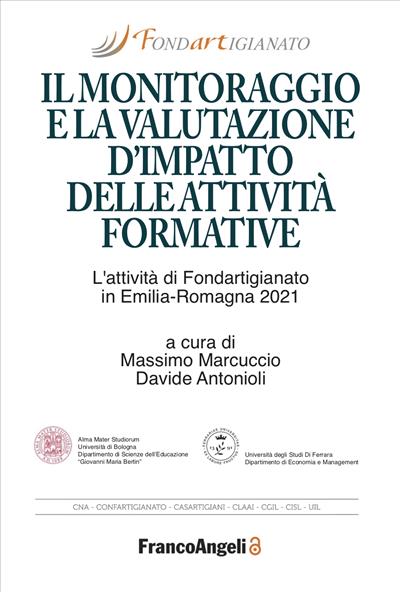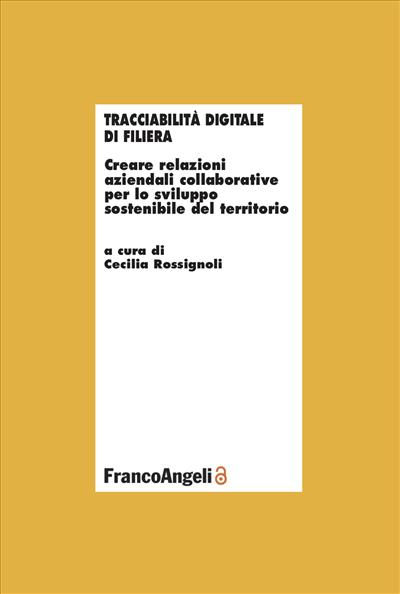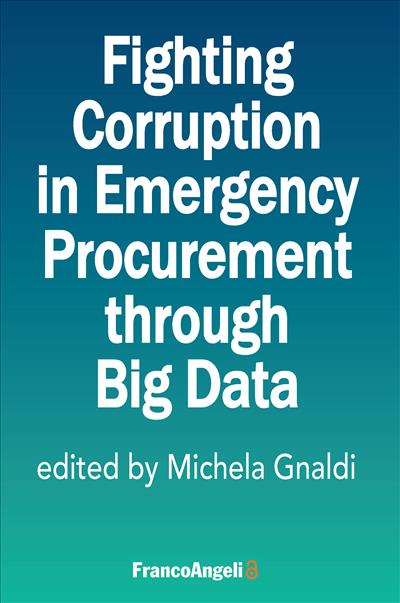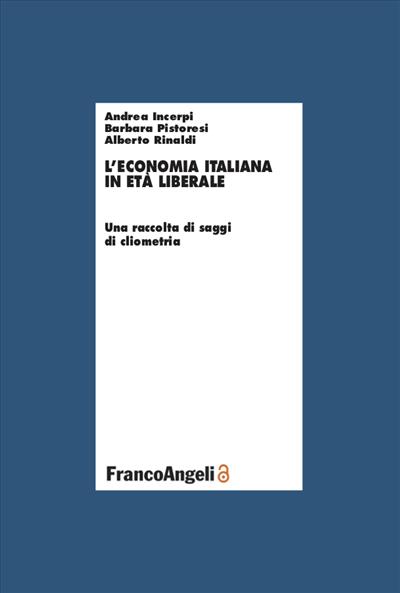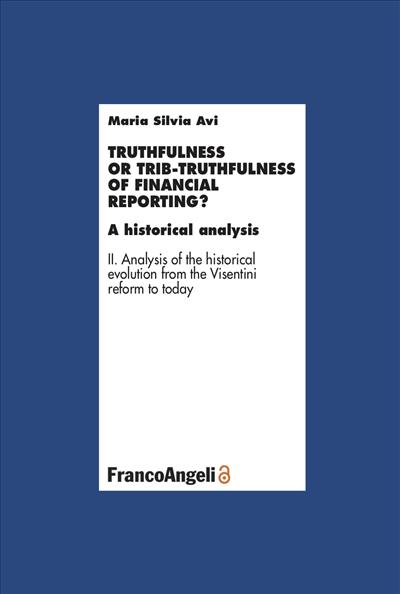
Truthfulness or trib-truthfulness of financial reporting?
A historical analysis
In this volume has discuss in detail the concept of tax interference from Law Visentini to today. To underline some peculiarities of the phenomenon of tax pollution of financial reporting, we report some observations that may help to understand better the reasons of tax interferences in profit and loss statement, balance sheet and notes as well as in the cash flow statement.
Open Access
0,00
Open Access
0,00
Pagine: 172
ISBN: 9788835142980
Edizione:1a edizione 2022
Codice editore: 10365.46
Informazioni sugli open access
